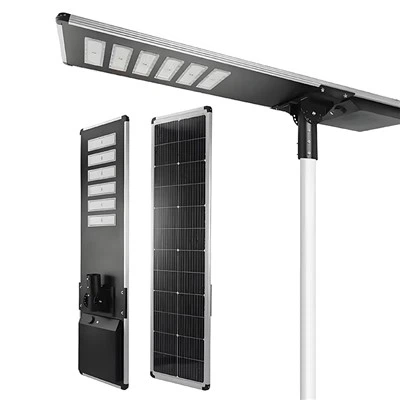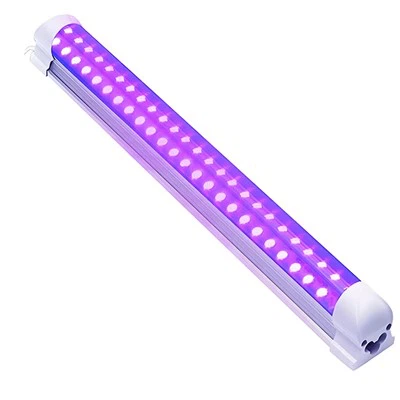Among the animals that can withstand severe weather conditions are chickens. But as winter approaches, a lot of poultry owners question whether adding artificial illumination to their coop is really required. This article's goal is to examine this topic and provide a suitable response to the query, "Should you put a light in a chicken coop in the winter?"
The first and most crucial thing to realize is that hens are born with a biological clock. Their bodies are inherently designed to know when to relax and when to stay active, and they have successfully adapted to their surroundings. The hormones generated in their pituitary glands regulate this internal clock. Normally, for a chicken to be completely active, it needs 12 hours or more of daylight. The days are naturally shorter in the winter, giving the hens less time to spend outside. Because of the potential effects of the decreased light on their hormone synthesis, chicken owners could think about installing artificial lighting.
Still up for debate is whether or not a chicken coop needs lights throughout the winter. Well, depending on a few variables including breed, age, and habitat, the answer may be both yes and no. For instance, you may want to think about adding more light if your commercial chicken breeds are developed for rapid growth rates. These hens develop quickly, thus a lot of food is needed to fuel their energy needs. They have longer days thanks to artificial illumination, which gives them more time to eat and develop.
However, installing a light is not totally required if you have heritage breeds like Plymouth Rock or Rhode Island Reds. These kinds of chicken develop more slowly and don't need as much energy to keep up. Moreover, these hens may easily make it through the winter if you give them enough food and high-quality supplement.
You should also take your hens' age into account. When it comes to enduring the harsh winters, older birds find it more difficult than younger ones. They could find it more difficult to roost and need more energy to keep their bodies warm. In this situation, a light could help keep them warm and active.
Ultimately, whether or not to install artificial lighting depends a lot on the conditions within your chicken coop. Lighting may not be necessary if your coop is already clean, well-ventilated, and well-insulated. The birds will stay warmer in a well-insulated coop, and the elimination of dangerous gasses will be ensured by appropriate ventilation.
In conclusion, there is no one-size-fits-all approach when it comes to putting a light to a chicken coop during the winter. Breed, age, and environment are some of the major aspects that influence whether it's essential or not. Therefore, it's important to thoroughly assess your unique situation before installing a light. Generally speaking, an artificial light could be useful if you have elderly birds or commercial breeds. Lastly, to keep your hens healthy during the winter, make sure you maintain a clean, well-ventilated chicken coop and provide them premium feed.
https://www.benweilighting.com/agricultural-lighting/poultry-lighting/led-poultry-light.html







